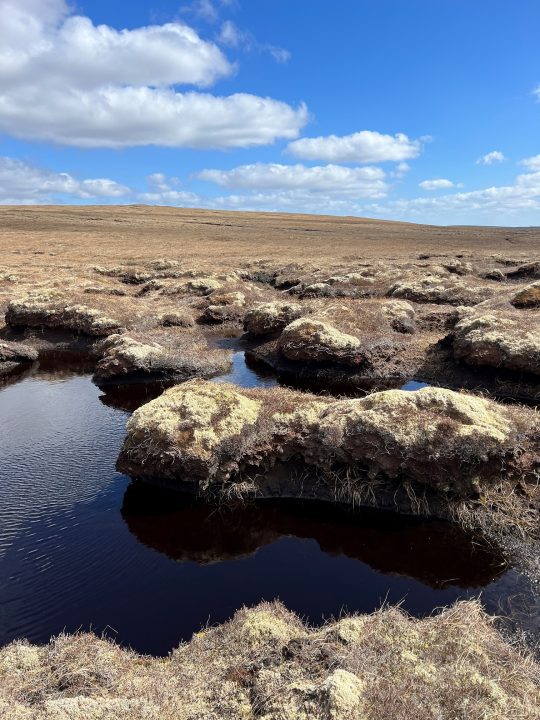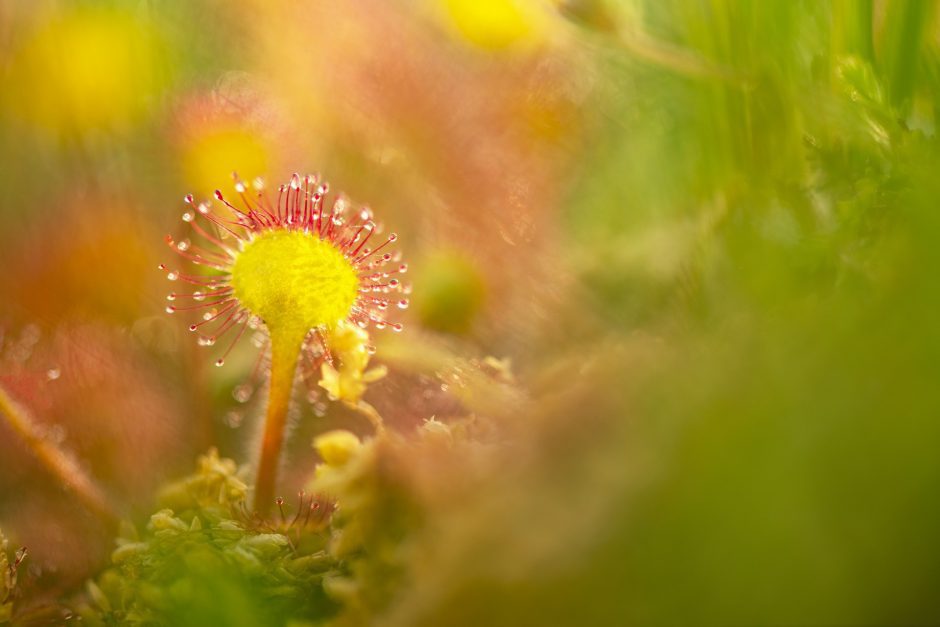The Co-op Group has teamed up with the RSPB to protect natural carbon stores through restoration and long-term management of British peatland.
The scheme will initially focus on areas of internationally important, RSPB-owned upland peatland in Scotland and Wales, which are equivalent in size to around 400 football pitches. The work – supported by supported by National Peatland Action Programme in Wales and Peatland ACTION in Scotland – will involve a large-scale and complex programme of restoration and long-term management
In the UK alone, an estimated 3.2 billion tonnes of carbon are stored in peatlands – but almost 80% of the country’s peatland is degraded and conservationists fear that without intervention their greenhouse gas emissions could exceed the equivalent of 20 million tonnes of carbon dioxide each year.
In addition to restoring and maintaining actively eroding peatland, and creating the conditions needed for the areas to recover, the project aims to deliver benefits in by regulating water flow.

The first of the initial site is Cerniau at RSPB Lake Vyrnwy in Powys. A Special Area of Conservation, a Special Protected Area and Special Site of Scientific Interest, it is the largest area of blanket bog and European dry heath in Wales. The Berwyn range is also considered to be the most important upland area in Wales for breeding birds, with the area supporting a wide range of species including internationally significant numbers of hen harrier, merlin, peregrine and red kite.
Lumbister at RSPB Yell, the Shetland Isles, is home to upland waders including snipe, dunlin, golden plover, curlew, and whimbrel, as well as other birds such as Arctic skua, great skua, red-throated divers. Otters are also found here. The rare bog orchid is found at Lumbister along with sphagnum moss, and the carnivorous plants, round-leaved sundew and butterwort. The partnership will build on work which took place at the site in 2021
Related: UK retail co-ops outline climate efforts in their annual reports
Guy Stuart, director of sustainability, technical and agriculture at the Group, said: “We are in the grip of a climate and environment emergency, a crisis which is of humankind’s making and around the world we are seeing shocking water shortages, floods, extreme heat and biodiversity losses.
“It’s widely acknowledged that de-carbonisation needs to speed up and through co-operation of the global community, we can work together to reduce carbon at a faster rate. Our pioneering partnership with the RSPB will play a part in helping to avoid carbon emissions through repairing vital peatlands to increase carbon stores and support our work to prioritise action where we are able to. make the most impact.”

Rebecca Munro, the RSPB’s executive director for income and conservation investment, said: “For us to have any chance of averting the climate crisis we need to be working far more closely with nature; to use the solutions it offers to help lock up carbon while delivering for birds and other wildlife.
“Businesses have a vital role to play in the transition to net zero and we are excited to be working with Co-op to protect and restore some of our most precious upland sites to make sure these places are delivering for our climate while providing a lasting home for our wildlife.”
The partnership with RSPB forms part of the Group’s Climate Plan commitments to fund UK natural restoration, with the initial investment of £1m this year funded through sales of compostable carrier bags.
The Group says it will not count towards its own carbon reduction targets or be used as an offset, adding that since 2016, it has more than halved the carbon emissions of its operations.

